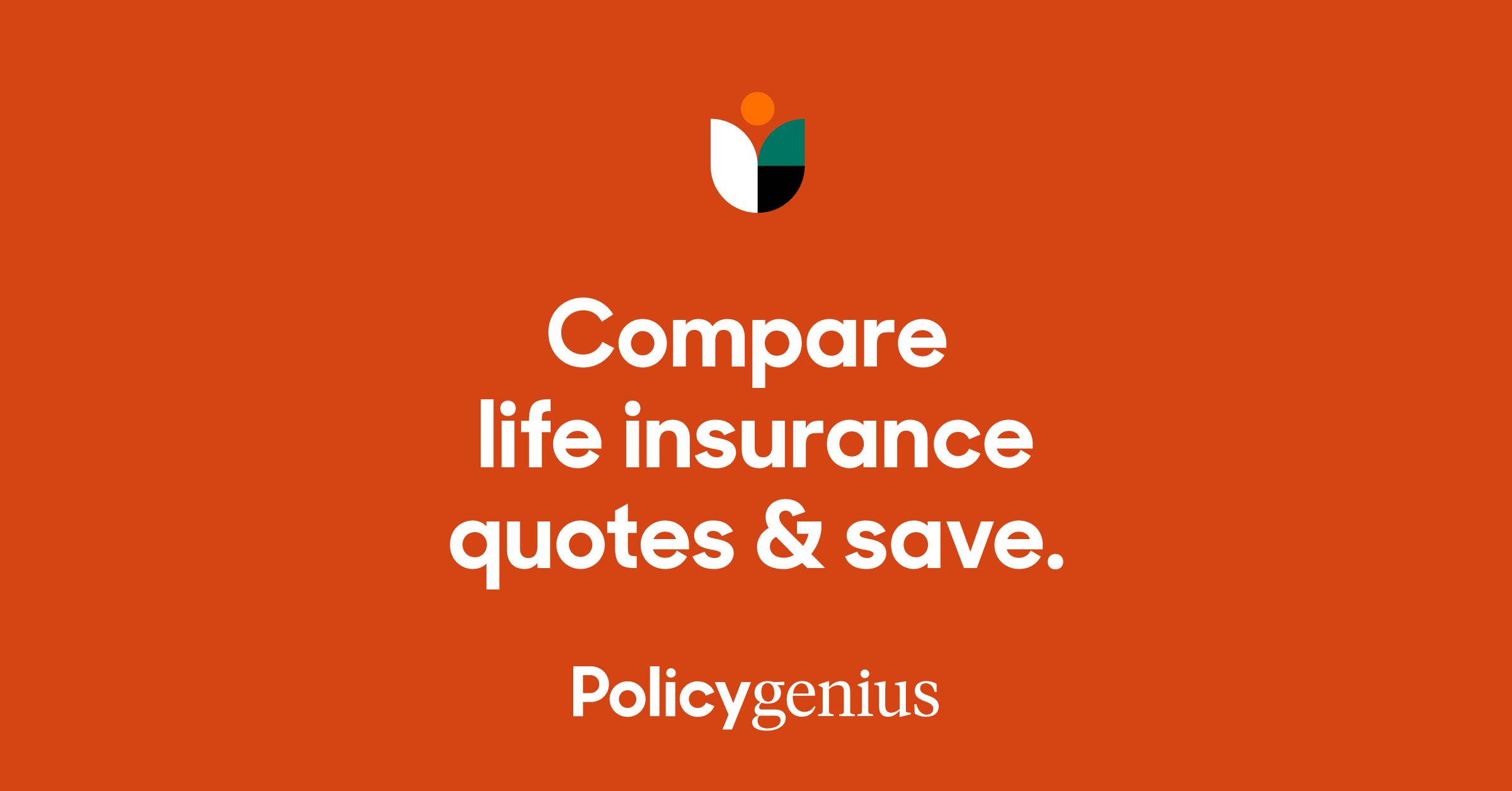IUL is a complicated product. Calculating different variables in an IUL policy isn't simple nor straightforward. Using our IUL calculator guide to understand the nuances behind these variables.
Indexed universal life insurance can be difficult to understand. You can set it up to either leave a nice death benefit to your heirs, or you can set it up so that you can withdraw money from the account to supplement your income in retirement. There are a lot of moving parts, so let’s take a look at what you need to understand about calculating different components in IUL policies such as death benefit, cash value, fees and charges, and retirement income.
When you buy a term life or whole life policy, you usually start with the death benefit amount you like to have, for example $100,000; $300,000; or $500,000 and insurance companies will calculate how much monthly premiums you have to pay for that death benefit amount. It is relatively simple. Since buying IUL policies is more similar to saving money for retirement. The process usually starts with how much money you can set aside a month to invest in an IUL policy. From that, insurance companies will calculate how much death benefit, cash value, and retirement income the policy can provide at different ages.
Depending on the main goal of your IUL policy, you can choose either increasing death benefit or level death benefit for your IUL policy. Insurance companies calculate the death benefit in these two scenarios differently.
If your IUL policy is primarily for retirement income and you don’t care about death benefit, ie. you don’t have a need to leave a large amount of money for your loved ones when you pass away or you already have a term life policy for that purpose, you should choose to have increasing death benefit for your IUL policy. This will allow the insurance company to allocate most of the premiums to grow the cash value account in the early years of the policy and leave very little premium to buy a minimum death benefit coverage. This minimum death benefit will increase every year as long as you pay premiums.
If leaving a large amount of money to your loved ones whenever you pass away is as important as having supplemental retirement income from the policy, you should choose to have a level death benefit for your IUL policy. The level death benefit is always much larger than the increasing death benefit in the early years. This will leave less money to grow cash value account in the early years of the policy. As a result, the cash value account and retirement income will be less in this case. However, if you pass away in the early years of the policy, your beneficiaries will receive a much bigger death benefit from the policy, compared to the increasing death benefit scenario.


















